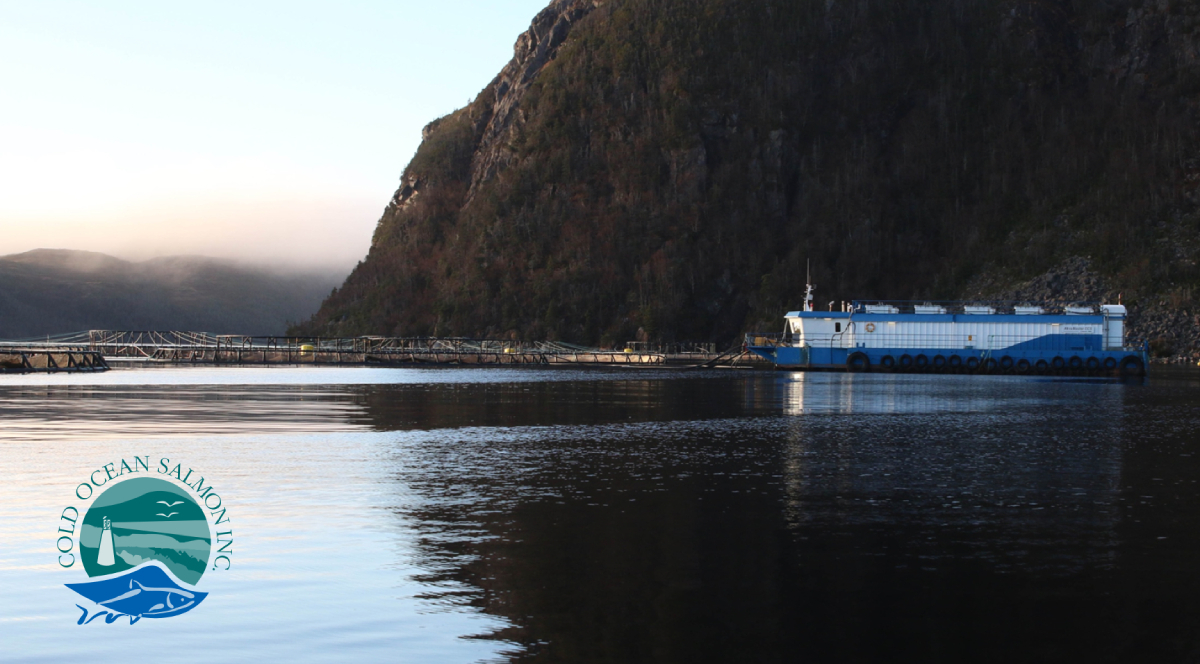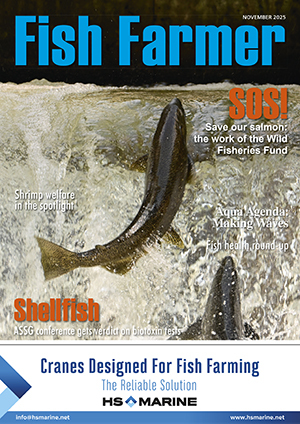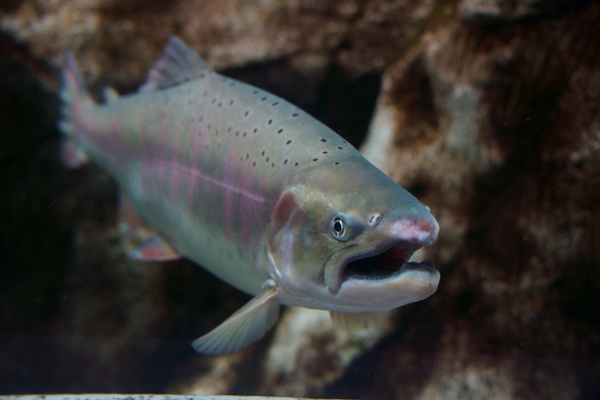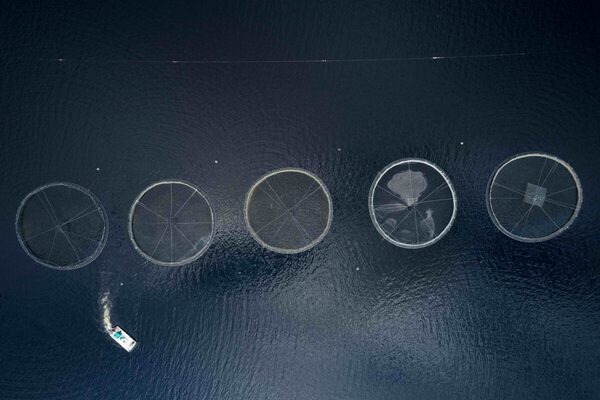More mass salmon deaths reported in Newfoundland
More large salmon death numbers have been reported off the south coast of Newfoundland.

Earlier this week, Mowi Canada East confirmed the loss of thousands of fish at its facility at Little Burdock Cove in the province.
Now Cooke Aquaculture, which operates Cold Ocean Salmon at the Olive Cove site in Hermitage Bay, has just reported that around 47,000 fish died over a number of days earlier this month.
Joel Richardson, Vice President of Public Relations, told Canada’s national broadcaster, CBC, that warm water and sea lice are suspected as a cause.
He said: “A few key areas around Newfoundland, not unlike other areas in Atlantic Canada, can get warm. And the water affected one of the crops of our fish at one of our sites in a few specific cages. And unfortunately those fish perished," Richardson told CBC Radio Thursday.
“When you kind of combine the high temperatures with this localised sea lice in the area that’s there on an ongoing basis, it certainly can be problematic. And it was problematic in this case.”
Cooke suffered another mortality event which took place during a smolt transfer at its Grip Cove site, near Hermitage, Newfoundland in mid-July.
Richardson said a mechanical issue during the transfer resulted in between 17,000 and 18,000 juvenile fish dying. Losing fish during smolt transfers isn’t uncommon, he added, but the amount of fish lost was abnormal in this case.
Both the Mowi loss and the Cooke Hermitage Bay incident will fuel the belief that climate change, with its effect on sea warming, is increasingly impacting on fish farming around the world.
Why not try these links to see what our Fish Farmer AI can tell you.
(Please note this is an experimental service)




